The possibility of extraterrestrial life makes space exploration endlessly fascinating. But one question has puzzled scientists for decades: If intelligent civilizations exist elsewhere in the vast universe, why haven’t they reached out to us? Despite countless space probes sent by humans, we’ve yet to receive any signals from alien species. Earth remains isolated in a cosmos that is eerily silent, as the Fermi Paradox famously asks, “But where is everybody?” In 2022, a team of NASA scientists proposed a new solution to this mystery—the 'Great Filter' theory.
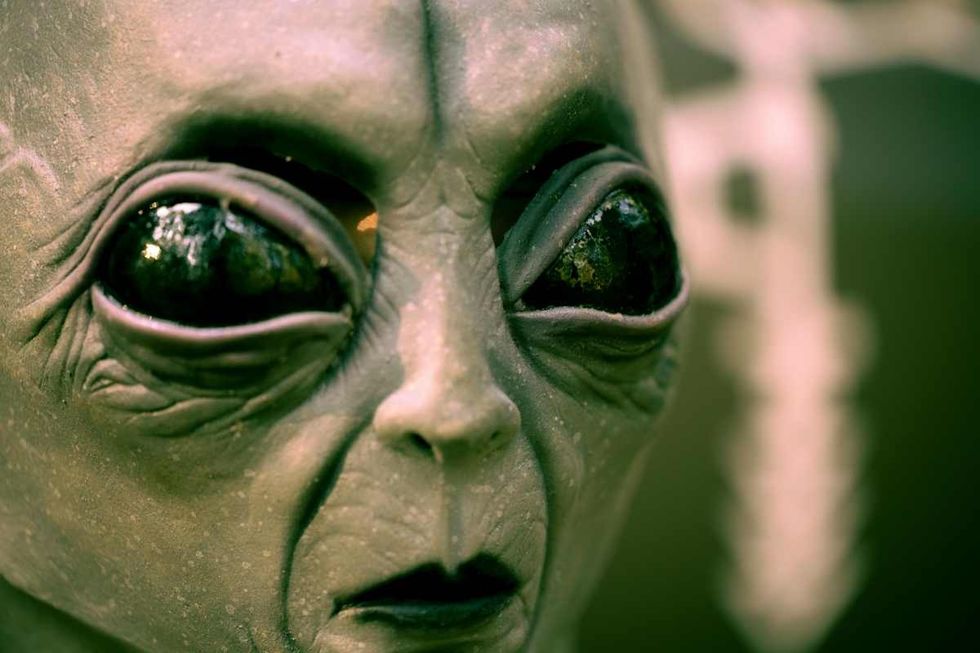
The Great Filter is a "phenomenon that wipes out civilizations before they can encounter each other, which may explain the cosmic silence." It means that aliens might have wiped their civilizations out before being evolved enough to contact other species or civilizations on planets such as Earth. The theory proposes that there is a “filter” that prevents aliens (if they exist) from contacting humans. Whenever any alien attempts to contact Earth, something in the universe prevents them from doing so. This unidentified force is the “filter.”
Researchers Jonathan H. Jiang, Philip E. Rosen, Kelly Lu, Kristen A. Fahy, and Piotr Obacz from NASA’s Jet Propulsion Laboratory (JPL), who co-authored the paper titled "Avoiding the 'Great Filter': Extraterrestrial Life and Humanity’s Future in the Universe" said that this theory is the "most unsettling solution to Fermi’s Paradox."
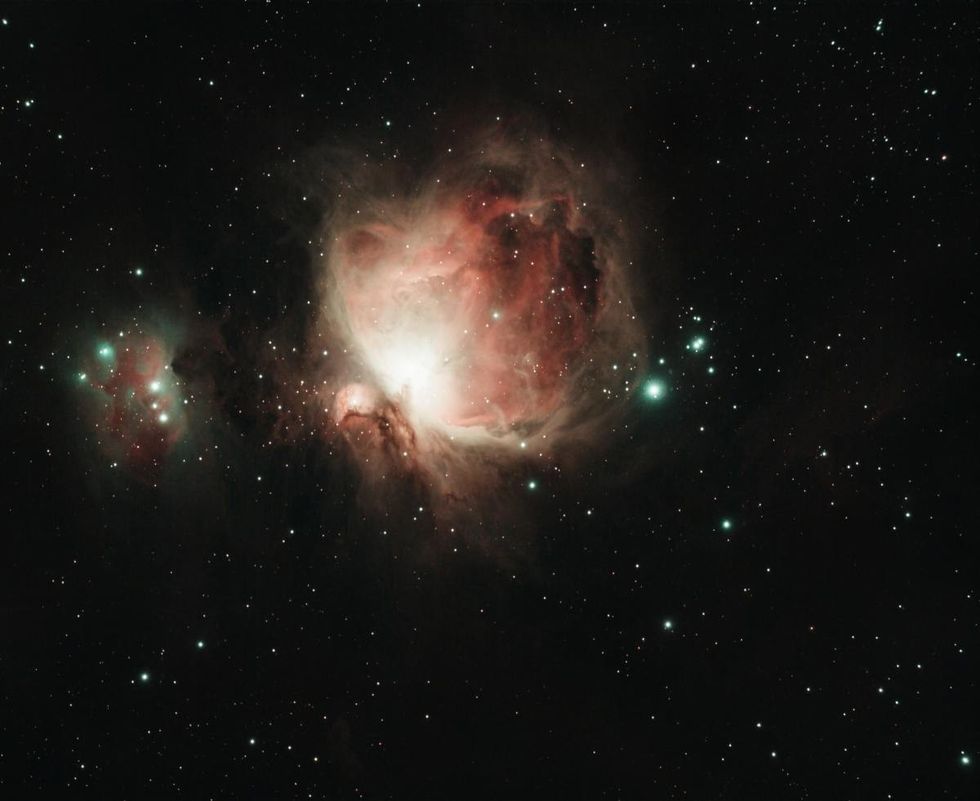
Fermi paradox, according to Space, derives its name from the Nobel Prize-winning physicist Enrico Fermi, who randomly produced this concept while having a lunchtime conversation over aliens with his colleagues in 1950. He said that intelligent aliens could have visited Earth at some point in history, or didn’t choose to visit humans, or space travel was infeasible for them. His ideas left scientists scratching their heads in puzzlement.
However, the Great Filter theory proposes a more logical idea. “The idea of being alone in a universe vaster than our creativity can touch is terrifying to fathom: a feeling of cosmic isolation,” the paper read. “And the postulation of a phenotypically unique organism having the intelligence to communicate, or at least leaving evidence of substance, is fascinating. If an octopus opening a jar or an elephant brushing some paint strokes is enough to catch the eye of billions, the discovery of sentience beyond our biosphere would send global shockwaves.”
At the same time, scientists aren’t sure whether humans have crossed the “great filter” or not. They also made a list of things that make up this great filter, saying that all the human threats could soon turn into the filter. Jiang’s team described these threats or anomalies as “dysfunction.” “Dysfunction may snowball quickly into the Great Filter,” the researchers wrote. However, Jiang asserted that the root of dysfunction is under the hold of humans. “The foundation for many of our possible filters finds its roots in immaturity,” the JPL team wrote. Attributing the cause of dysfunction to human immaturity, they quoted William Gibson’s famous saying, “The future is already here – it’s just not evenly distributed.”

The team emphasized that to make through this “great filter,” to crossover the boundaries of interstellar space, humans require collaboration, not competition. They listed that at present, humans are surrounded by a menagerie of threats which include large-scale nuclear warfare, naturally occurring and engineered pathogens, artificial intelligence (AI), asteroid impacts, and climate change. Although all of these things are some of the best defense systems humans can have, they also cast an apocalyptic shadow over the earthlings, probably separating them from aliens, by forming this metaphorical filter.
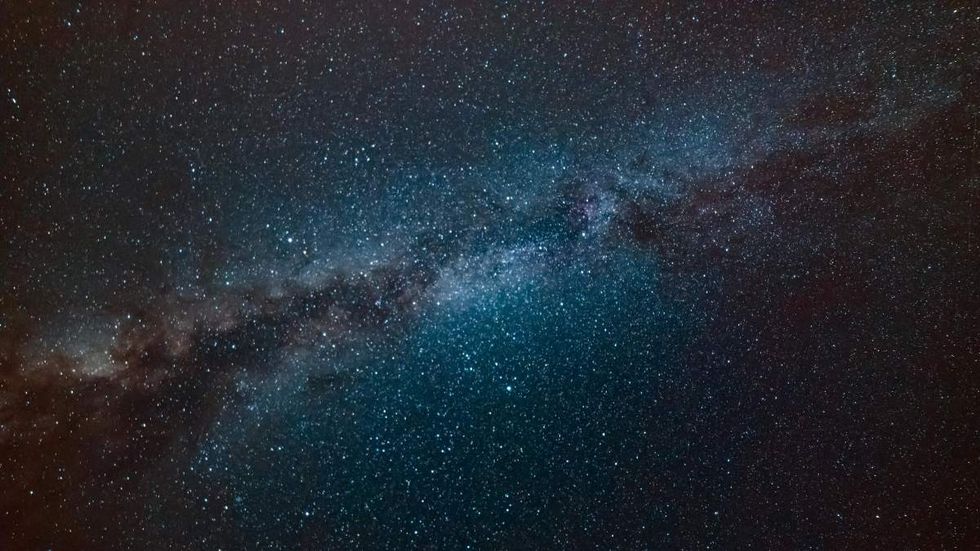
Writing about nuclear warfare, the researchers said that it is perhaps the “most obvious of Great Filters. With regards to pathogens, they wrote that microscopic pathogens with the potential for causing death on a planetary scale, have continually emerged throughout history (not to forget COVID). Asteroids too are seen as a filter we can overcome using technology. And when it comes to technology or AI, the team said that it is the “self-imposing great filter of our own invention.” Steps must be taken now if this great filter, aka humans’ demise, is to be avoided.
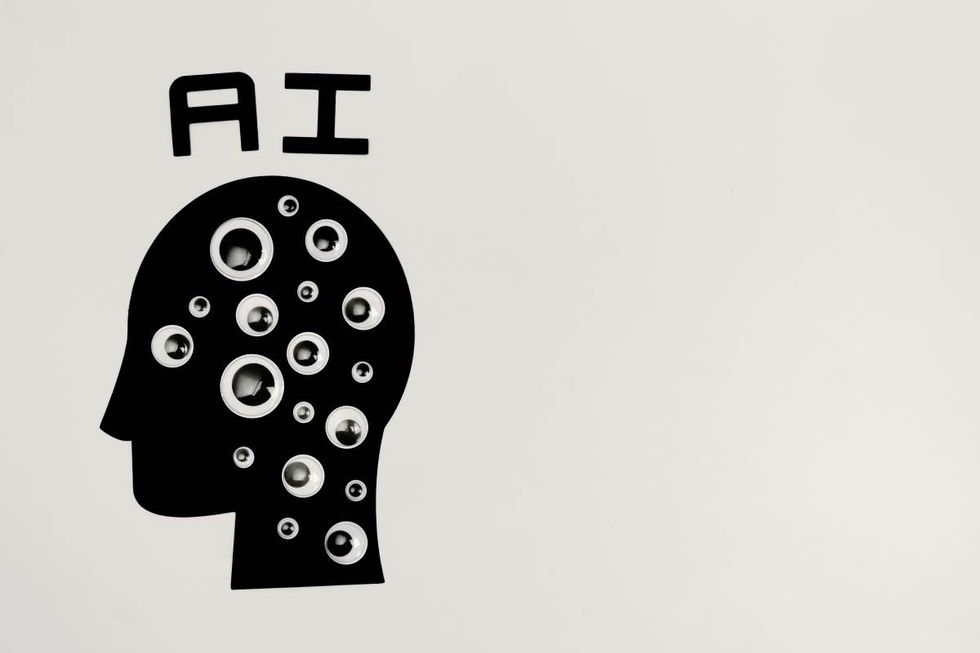
Explaining how humans could pave the way to interact or share their planet with extraterrestrial species, Jiang explained to Popular Mechanics, “The first step is to acknowledge the issue, which is what we have aimed to accomplish [in the paper], and then to discuss [how] to change.”
The first step, they wrote, is to step forward to becoming the Kardashev Type 1 civilization. Kardashev is a scale that measures the level of humans’ technological advancement based on the energy they can harness. Type 1 is a civilization that can harness the energy available on the planet from Earth’s host star, thereby, gaining the ability to control phenomena like earthquakes, volcanic eruptions, etc. If humans could make it happen, the boundary of the Solar System would perhaps be as easily traversed as the present-day shorelines of Earthly continents. "Attainment of Type I status would all but assure any Great Filter has been successfully overcome, unfolding an all but unlimited future for humanity," they wrote.
But there are other problems. Even if humans can cross this great filter, is alien life safe enough to be interacted with? They might be dangerous, or they might end up colonizing the Earth. Stephen Hawking said he was afraid of aliens. Whatever turns out to be the case, the Great Filter theory, at least, reveals some brilliant explanations about the possible filters that might be restricting humans from exploring outer space to their full potential.


















 Representative Image Source: Pexels | Anni Roenkae
Representative Image Source: Pexels | Anni Roenkae Representative Image Source: Pexels | Its MSVR
Representative Image Source: Pexels | Its MSVR Representative Image Source: Pexels | Lucian Photography
Representative Image Source: Pexels | Lucian Photography

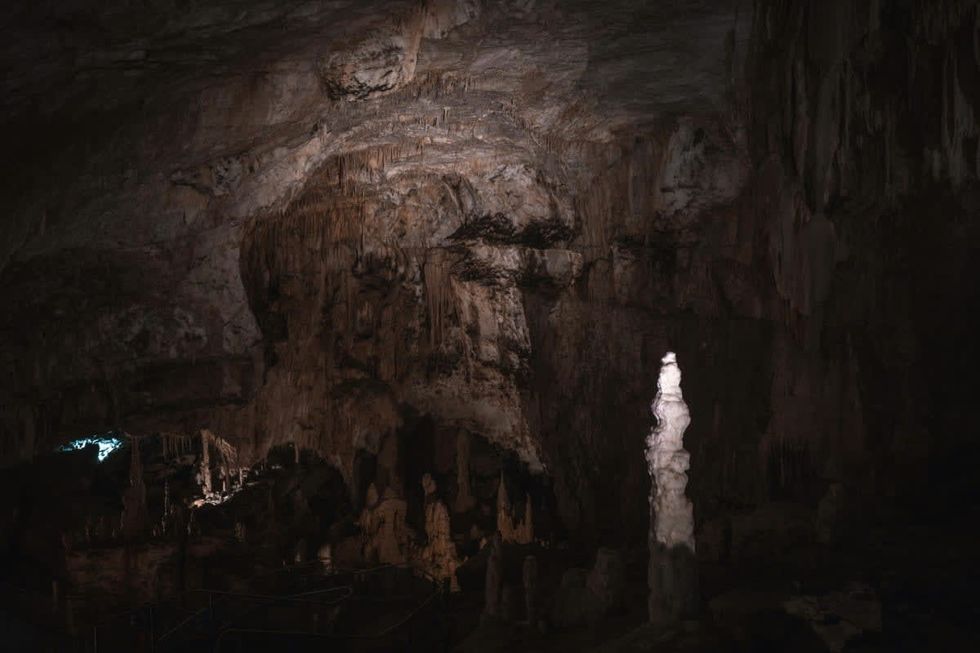 Representative Image Source: Pexels | francesco ungaro
Representative Image Source: Pexels | francesco ungaro Representative Image Source: Pexels | parfait fongang
Representative Image Source: Pexels | parfait fongang Image Source: YouTube |
Image Source: YouTube |  Image Source: YouTube |
Image Source: YouTube |  Image Source: YouTube |
Image Source: YouTube | 
 Representative Image Source: Pexels | Hugo Sykes
Representative Image Source: Pexels | Hugo Sykes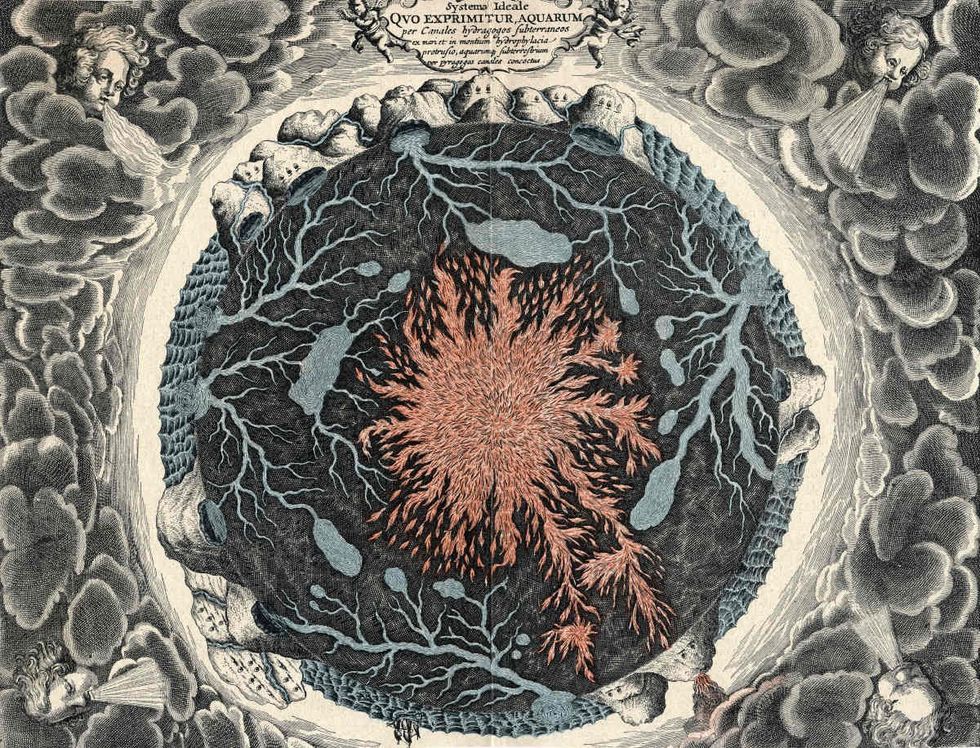 Representative Image Source: Sectional view of the Earth, showing central fire and underground canals linked to oceans, 1665. From Mundus Subterraneous by Athanasius Kircher. (Photo by Oxford Science Archive/Print Collector/Getty Images)
Representative Image Source: Sectional view of the Earth, showing central fire and underground canals linked to oceans, 1665. From Mundus Subterraneous by Athanasius Kircher. (Photo by Oxford Science Archive/Print Collector/Getty Images)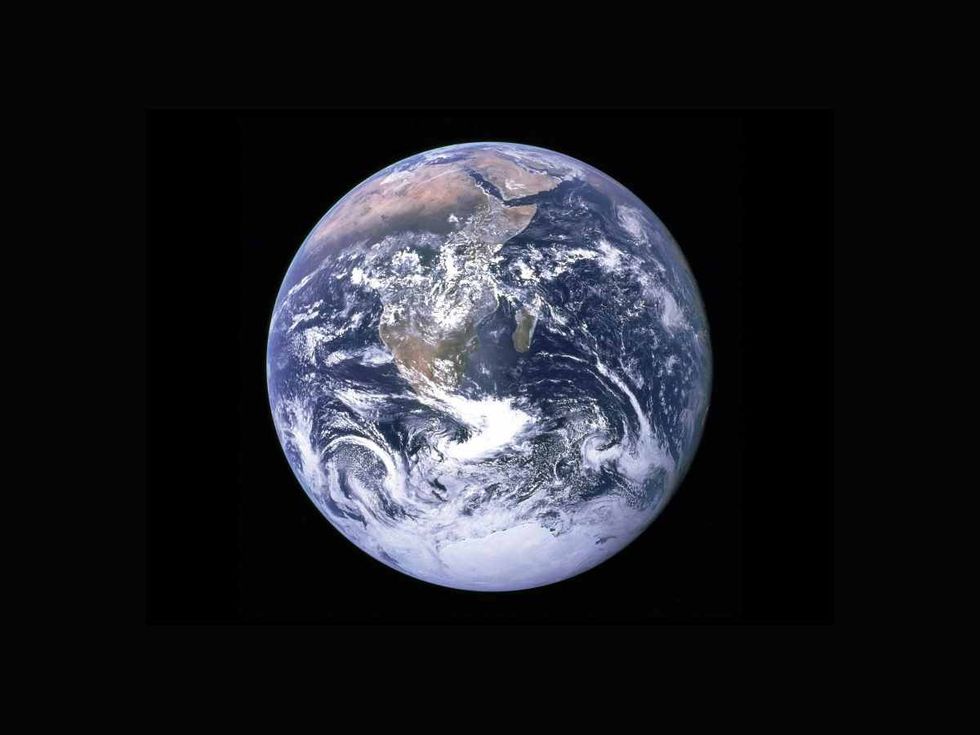 Representative Image Source: Pexels | NASA
Representative Image Source: Pexels | NASA




 Representative Image Source: Pexels | Steve Johnson
Representative Image Source: Pexels | Steve Johnson Representative Image Source: Pexels | RDNE Stock Project
Representative Image Source: Pexels | RDNE Stock Project Representative Image Source: Pexels | Mali Maeder
Representative Image Source: Pexels | Mali Maeder
 Photo: Craig Mack
Photo: Craig Mack Photo: Craig Mack
Photo: Craig Mack